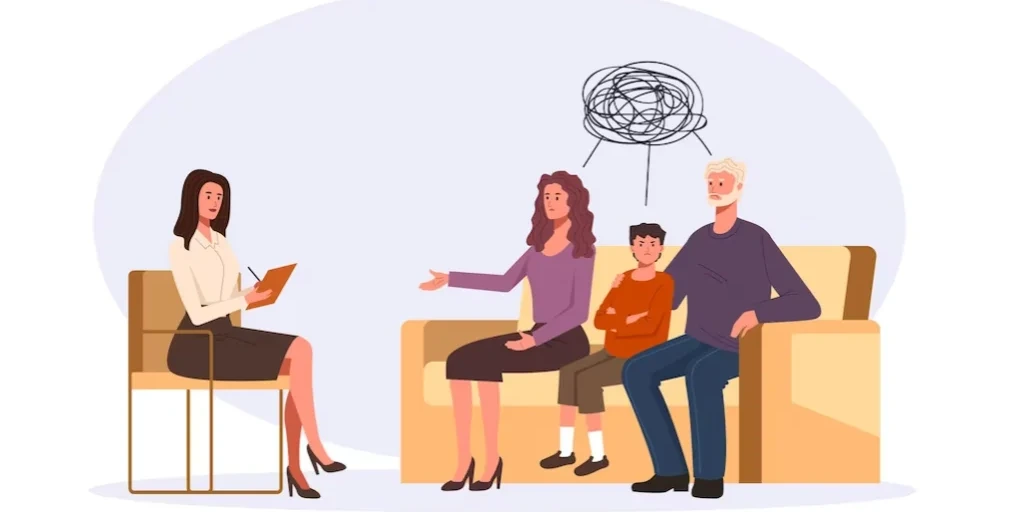24/7 Helpline:
(866) 899-221924/7 Helpline:
(866) 899-2219
Learn more about Depression Treatment centers in Sun Valley
Depression Treatment in Other Cities
Other Categories in Sun Valley

Other Insurance Options

Excellus

UnitedHealth Group

Providence

Kaiser Permanente

Regence

Horizon Healthcare Service

Evernorth

Choice Care Network

Group Health Incorporated

Health Partners

Ceridian

AllWell

Highmark

Aetna

Oxford

Humana

Magellan

Medical Mutual of Ohio

BHS | Behavioral Health Systems

Optima















